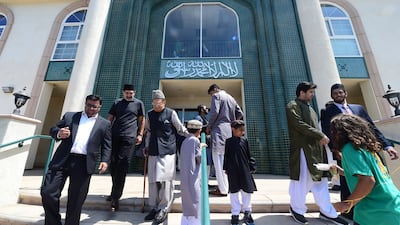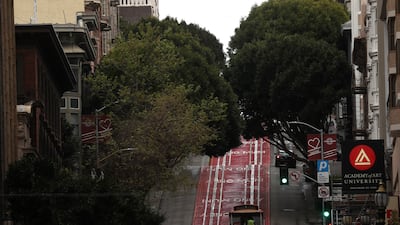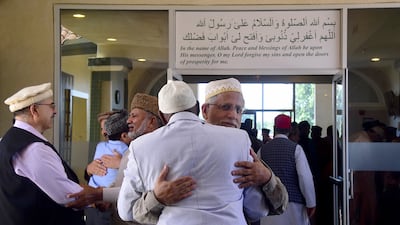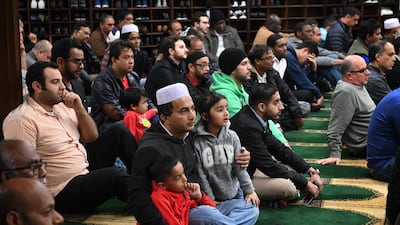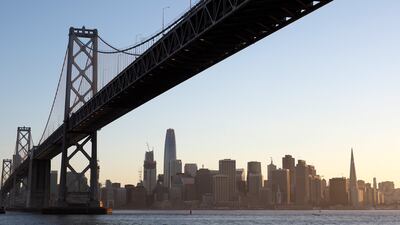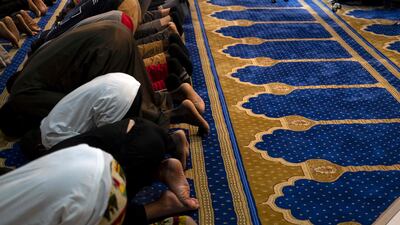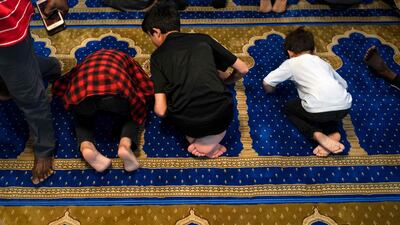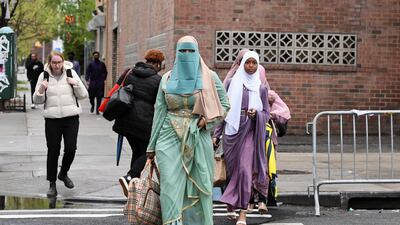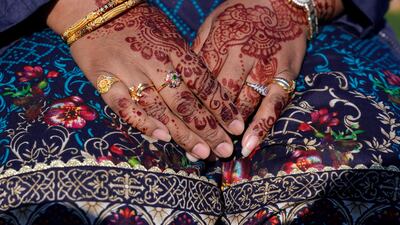The San Francisco Board of Education has passed a resolution to include the recognition of two Muslim holidays, Eid Al Fitr and Eid Al Adha, in the official academic calendar, starting with the 2023-2024 school year.
California is home to more Arab Americans than any other US state, with the largest populations living in Los Angeles, San Diego, Sacramento and the Bay Area.
The resolution was proposed and written by San Francisco Board of Education Commissioner Matt Alexander.
“Allowing Muslim students to fully observe these sacred holidays without potentially negative educational and social repercussions is aligned with our commitment as a district to be student-centred,” Mr Alexander said.
In 2015, New York City became the first large metropolis in America to recognise the observances as official holidays and closed its public schools for Eid Al Fitr and Eid al-Adha.
Municipalities in Maryland, Massachusetts, Michigan, New Jersey, Pennsylvania, and Virginia followed suit.
Eid Al Fitr marks the end of the month of Ramadan, when Muslims around the world fast from sunrise to sunset. The day a new crescent moon is spotted is the official end of Ramadan and the beginning of Eid Al Fitr.
Eid Al Adha, also known as the Festival of the Sacrifice, is the second most important holiday on the Islamic calendar, celebrated through prayers, food, family and charitable giving.
Research conducted at California’s Santa Clara University and UC Berkeley found that more than 250,000 Muslim Americans live in the San Francisco Bay Area.
Most respondents to the surveys conducted in the study said that religion was important and that their life challenges in the US included Islamophobia, worries over conflict overseas, media stereotypes and being “double minorities” — that is, both Muslim and from a non-white background.

